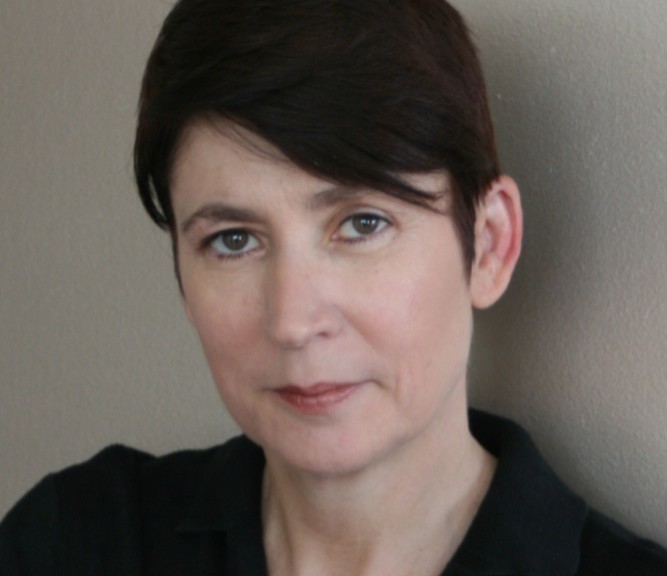ROSALIND MORRIS
Professor of Anthropology
IRWGS Director, 1999-2000, 2001-04
It was a very contentious issue. We fought a lot about it. It was one of the most contentious issue in my recollection. I think at that time I was one of the people—I probably still am—who thinks that teaching activism in a classroom is a very weird thing to do. On the one hand it can veer in the direction of internship. On the other hand, every conference you go to, you know, experiences this aporia between the people who are activists and who are often deeply anti-theoretical, if not outright anti-intellectual, and intellectuals who are frustrated by the demands for the instrumentalization of thought which often occurs, as it has to, when you’re doing strategic or tactical stuff.
My own feeling, which is not widely shared and certainly wasn’t shared by the students is that the space between these two has to be kept open. That one has to secure theoretical work from the demands of instrumentalization, and one has to allow activism an immunity, sometimes, from the slowness that is necessary for theorization–which does not mean that activism shouldn’t be theorized. I think it should. It does not mean that theoretical work should be ignorant of, or indifferent to the material consequences, and entailments, and conditions of its own possibility, for sure.
My preference is for this gap to be actively protected. Therefore, I think I wasn’t as supportive of the teaching of activism, which I think is great, and I want students to do, and I want my colleagues to do, and I do. I feel the need for there to be a differentiation of discourse and address. The idea that everything would be serving the same purposes seems to me a horror—an intellectual failure, and a political failure.
A university is a very special place where one is enabled to have the time for a kind of thinking—a kind of critical thinking that can’t be done in any other place, where the temporal demands, and the implementation demands are different. That seems to me something to defend really vigorously. At different times—I think in the ‘90s there was a very strong, quite insistent call for a continuity between intellectual theoretical activities and practical ones, if not the effacement of the difference between the two. I myself opposed that, but lots of students demanded it, for sure. Then there was lots of difference among the faculty about it, too.

